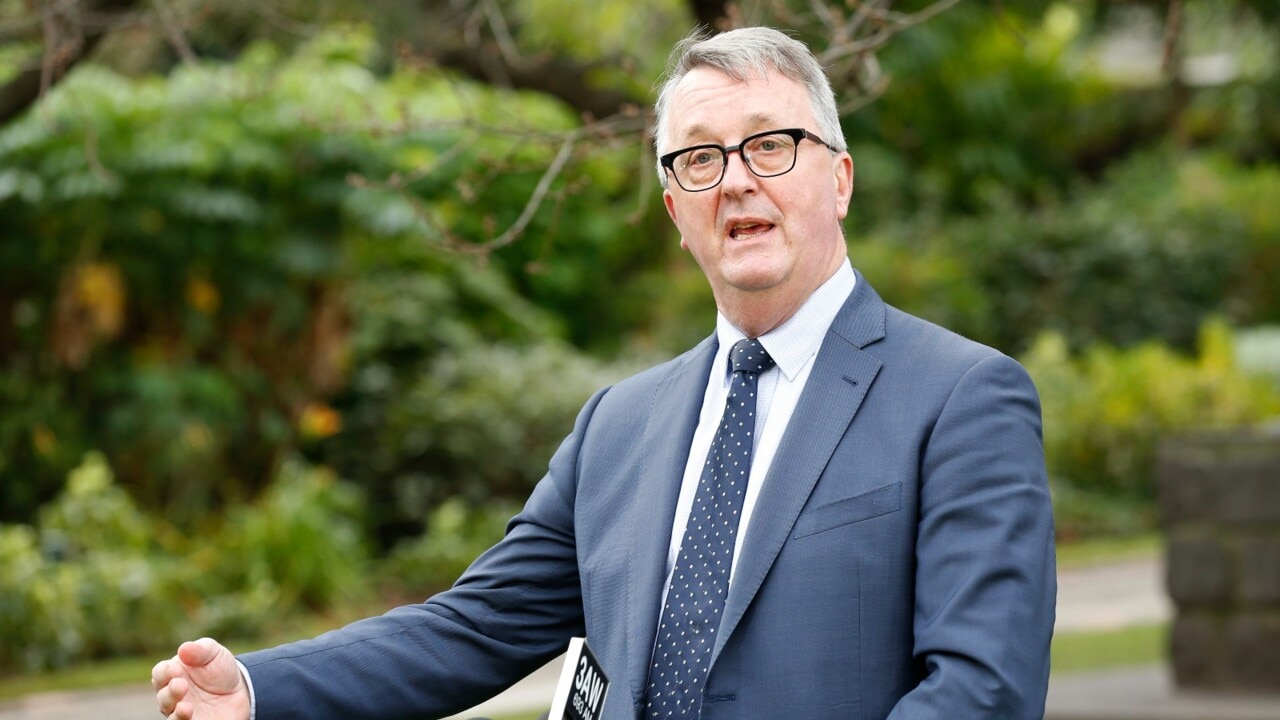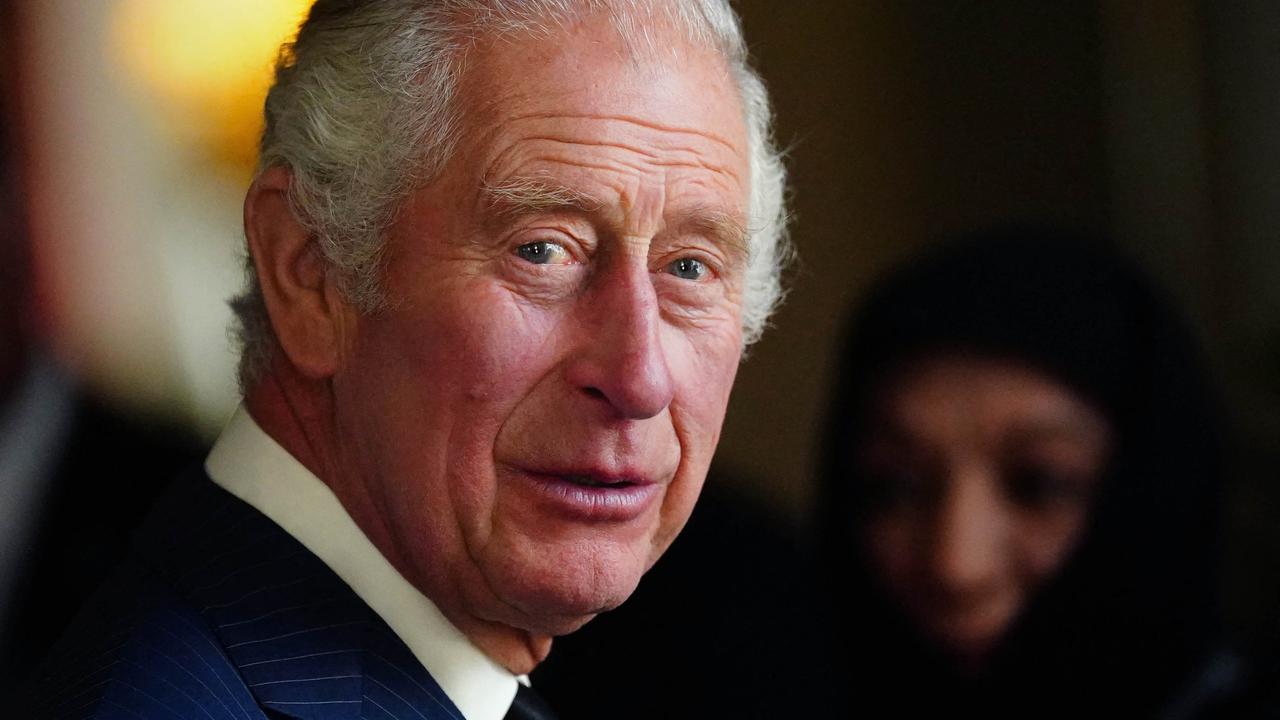‘No data’ to support second booster dose of current Covid vaccines
A number of global health officials have questioned booster campaigns as countries begin to roll out fourth doses to high-risk groups.

World
Don't miss out on the headlines from World. Followed categories will be added to My News.
Concerns over the future direction of Covid vaccination programs have begun to filter through the medical community, as fourth booster doses begin to be given out across the globe.
In late 2021, Israel became the first country to offer fourth shots to those most at risk, after being one of the first nations to get their hands on the vaccine in late 2020.
Denmark has also announced it will be offering fourth doses after Health Minister Magnus Heunicke declared the world was “embarking on a new chapter” of the pandemic.
But now the European Union’s drug regulator, European Medicines Agency (EMA), has said the booster strategy is not viable long-term.
“While use of additional boosters can be part of contingency plans, repeated vaccinations within short intervals would not represent a sustainable long-term strategy,” the EMA’s head of vaccines strategy Marco Cavaleri told reporters.
Initial assumptions that the original two-dose vaccines would be enough to fight Covid-19 were quickly squashed in 2021, with millions around the world urged to have booster shots as quickly as 120 days after their most recent jab.
In Australia, medical officials have made a concentrated effort to encourage booster doses for anyone four months beyond their second shot. The Australian Technical Advisory Group for Immunisations (ATAGI) last week announced it had also approved use of fourth doses for Australians with weakened immune systems.
However, Dr Cavaleri said there is currently “no data to support this approach”, adding that more research on the impact of the new variant on vaccines was needed to decide whether an Omicron-specific vaccine was needed.
“It is important that there is a good discussion around the choice of the composition of the vaccine to make sure that we have a strategy that is not just reactive … and try to come up with an approach that will be suitable in order to prevent a future variant,” Dr Cavaleri told the Independent.
Dr Cavaleri also said he was “concerned about repeated vaccination within a short term”.
The EMA official raised concerns that a strategy of giving boosters every four months hypothetically poses the risk of overloading people’s immune systems and leading to fatigue in the population.
The possibility of newly emerging variants, such as the highly transmissible Omicron, has also thrown a spanner in the works after new data from the University of Copenhagen revealed the strain was 2.7 to 3.7 more likely to infect fully vaccinated people than the Delta variant.

Australia facing biggest outbreak on record
ATAGI also admitted there was “no data to support the use of any additional primary doses of Covid-19 vaccine after a third primary dose”.
“Patients who do not respond to third doses may not respond to subsequent doses,” the official advice reads.
“However, due to the current outbreak with the Omicron variant of concern, ATAGI recommends that immunocompromised individuals who have received three primary doses of a Covid-19 vaccine have a booster dose at four months, in line with the timing for the general population.”
The latest advice from Australian Chief Medical Officer Professor Paul Kelly is that it is “now clear that Omicron is both more transmissible and less severe”.
Prof Kelly is among several government health officials who have strongly encouraged those eligible for a booster to come forward and increase their immune response as the country faces its biggest outbreak on record.
It comes as the Australian Medical Association (AMA) revealed it was seriously concerned Australia’s Covid booster shot rollout is “falling behind”.
“We need to be prepared for whatever Covid-19 throws at us, including making sure our vaccine infrastructure is capable of responding to threats like Omicron. It is too soon for us to dismantle this infrastructure,” AMA president Dr Omar Khorshid said last month, encouraging the public to roll up their sleeves again after vaccination data showed a steep decline in weekly inoculation rates.

Pfizer vaccine offers ‘limited protection, if any’ to Omicron
The latest development came a day after Pfizer’s CEO admitted two doses of the current crop of mRNA vaccines offer “limited protection, if any” to the latest strain of the disease.
“We know that the two doses of the vaccine offer very limited protection, if any,” Dr Albert Bourla said in an interview with Yahoo Finance.
“The three doses with a booster, they offer reasonable protection against hospitalisation and deaths – against deaths, I think, very good, and less protection against infection.
“Now we are working on a new version of our vaccine, the 1.1, let me put it that way, that will cover Omicron as well. Of course we are waiting to have the final results, [but] the vaccine will be ready in March.”
In the UK, the Joint Committee on Vaccination and Immunisation (JCVI) has given strong indication that Britain will not be offering a fourth jab to wide sections of the population.
A recent statement from the JCVI revealed boosters offer roughly 90 per cent protection against hospitalisation for people aged 65 and over.
There has also been a significant shift in the attitude towards countries making coronavirus inoculations mandatory, as Australia’s ongoing Novak Djokovic saga attracts global scorn.
The World Health Organisation (WHO), which has repeatedly scolded countries over their approach to booster shots while underdeveloped nations remain unvaccinated, said vaccine mandates should be a “last resort”.

“We see mandates as a last resort … in the face of a large epidemic,” WHO’s health emergencies program executive director Dr Mike Ryan told Nine Newspapers.
“So yes, there are circumstances in which vaccine mandates are supported by WHO but, again, it is subjected to the basic principle that the best way to get people vaccinated is to inform them, to educate, to have a dialogue and to address people’s genuine concerns.
“We always ask that those mandates be clear, be explicit, be time-limited and at the same time … governments continue to explain to people why they’re doing things and continue to try and convince people of the benefits of the vaccine rather than reverting to mandates as a single approach.”
More Coverage
Originally published as ‘No data’ to support second booster dose of current Covid vaccines









